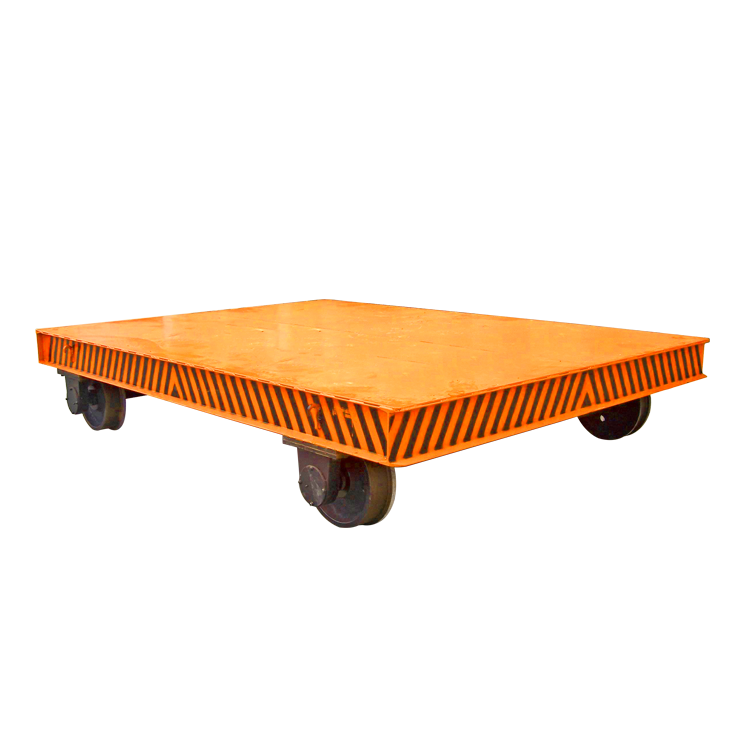A transfer cart is a type of industrial vehicle designed to transport heavy loads within a facility, such as a warehouse, manufacturing plant, or construction site. These carts are often used to move materials, equipment, or products from one location to another, typically over short distances.
Key Features of Transfer Carts:
Load Capacity: Transfer carts can handle a wide range of weights, from a few hundred pounds to several tons, depending on the design and materials used.
Power Source: They can be powered in various ways, including:
Manual: Pushed or pulled by operators.
Electric: Battery-operated for ease of use.
Rail-mounted: Designed to run on tracks for precise movement.
Design: Transfer carts come in various designs, including flatbed, enclosed, or specialized configurations for specific tasks.
Wheels and Mobility: Equipped with wheels or casters that allow for easy maneuverability, some models may have locking mechanisms for stability during loading and unloading.
Customization: Many transfer carts can be customized with features like ramps, lifting mechanisms, or specialized attachments to suit specific operational needs.
Applications:
Manufacturing: Moving parts between assembly stations.
Warehousing: Transporting goods from storage to shipping areas.
Construction: Carrying tools and materials around job sites.
Automotive: Moving vehicles or components during assembly.
Benefits:
Efficiency: Streamlines the movement of materials, reducing manual labor and time.
Safety: Minimizes the risk of injury associated with lifting heavy items.
Versatility: Can be used in various industries and adapted for different tasks.
If you have specific questions or need more detailed information about transfer carts, feel free to ask!

Post time: Oct-18-2024







